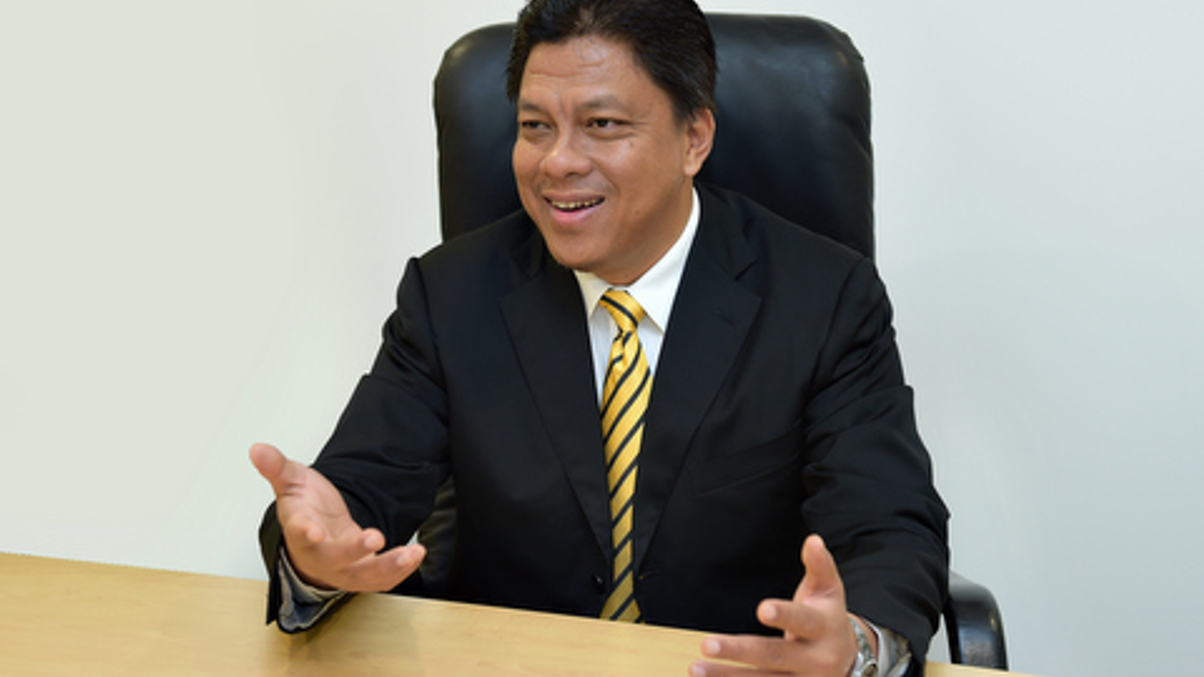Maybank AM chief eyes tie-ups in offshore drive
Following its deal with Japan's Diam last week, the Malaysian fund house is seeking more manufacturing and distribution partners, with Australia and Europe both on its radar.

Malaysia’s Maybank Asset Management is eyeing more partnerships along the lines of the tie-up it signed with Japanese fund house Diam last week, and is keen to expand into Australia and Europe.
Sign in to read on!
Registered users get 2 free articles in 30 days.
Subscribers have full unlimited access to AsianInvestor
Not signed up? New users get 2 free articles per month, plus a 7-day unlimited free trial.
¬ Haymarket Media Limited. All rights reserved.


